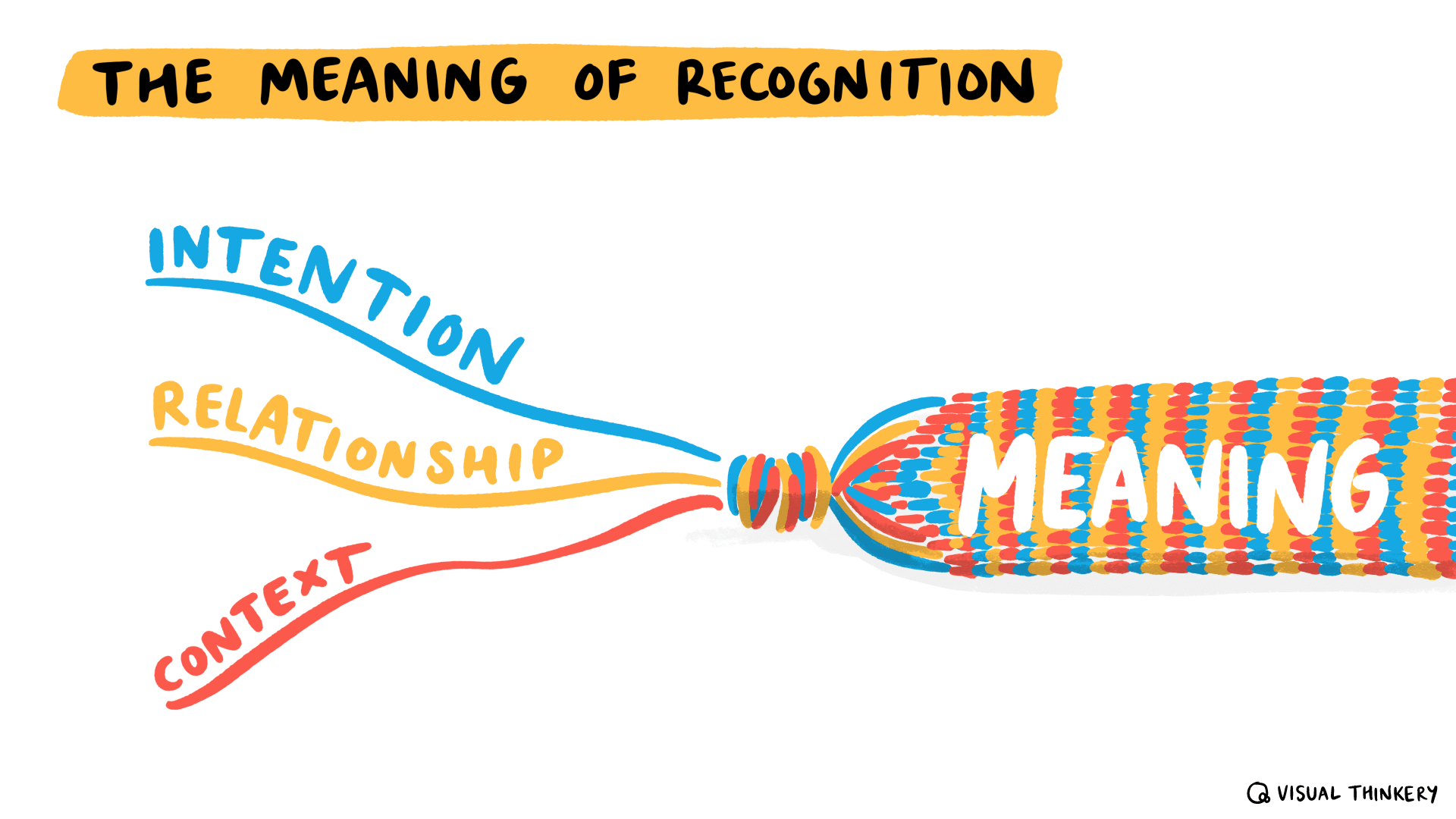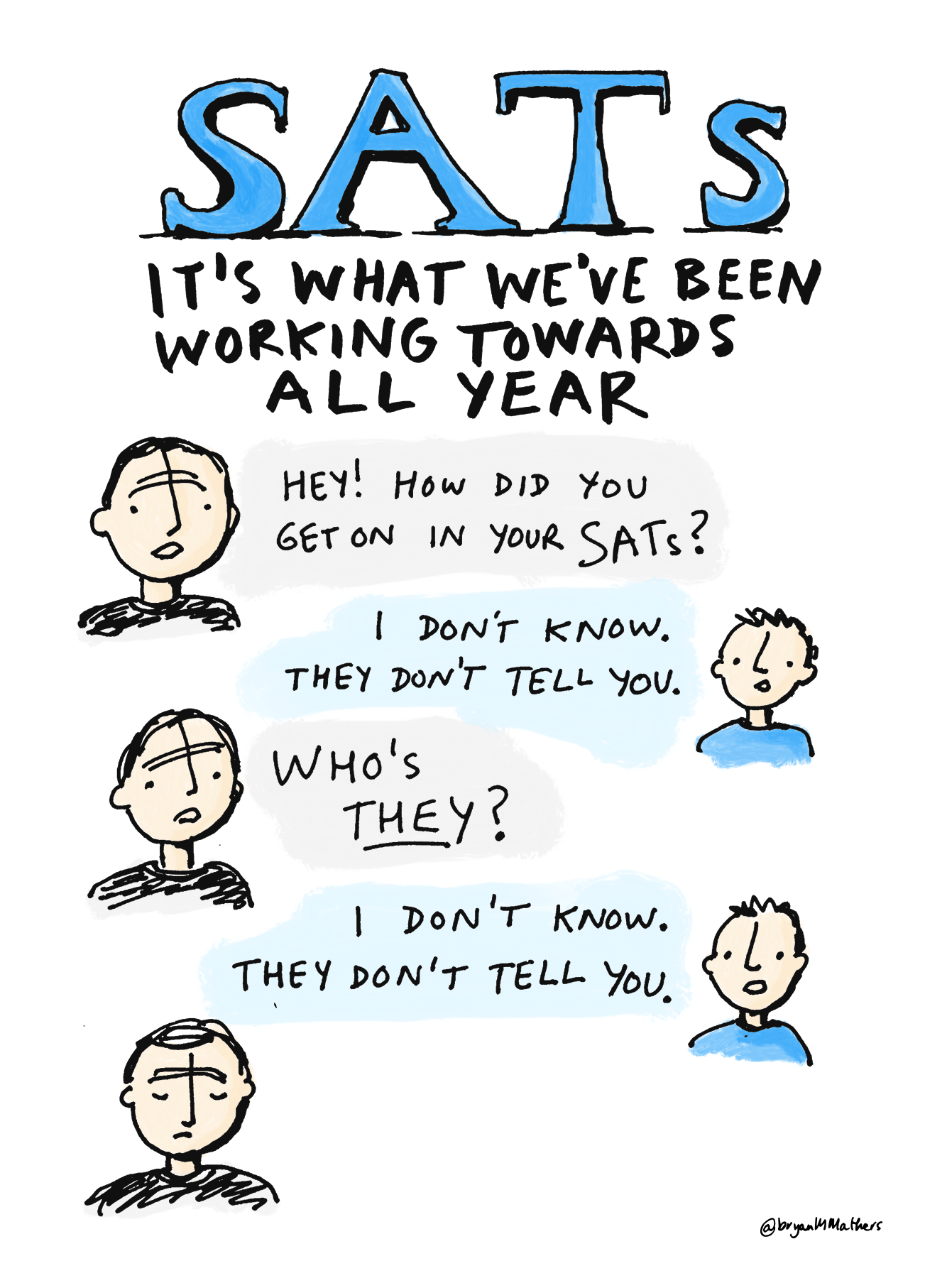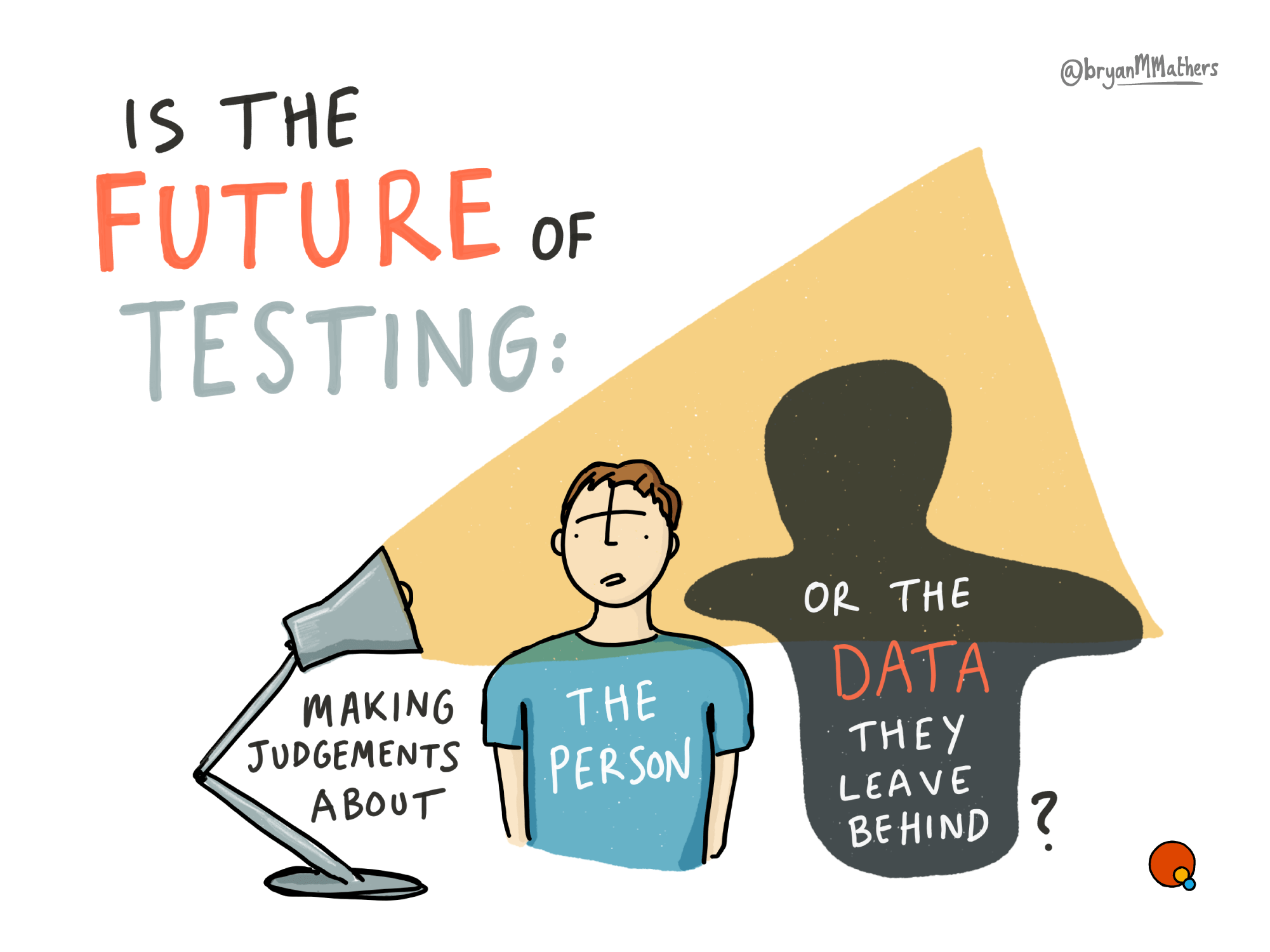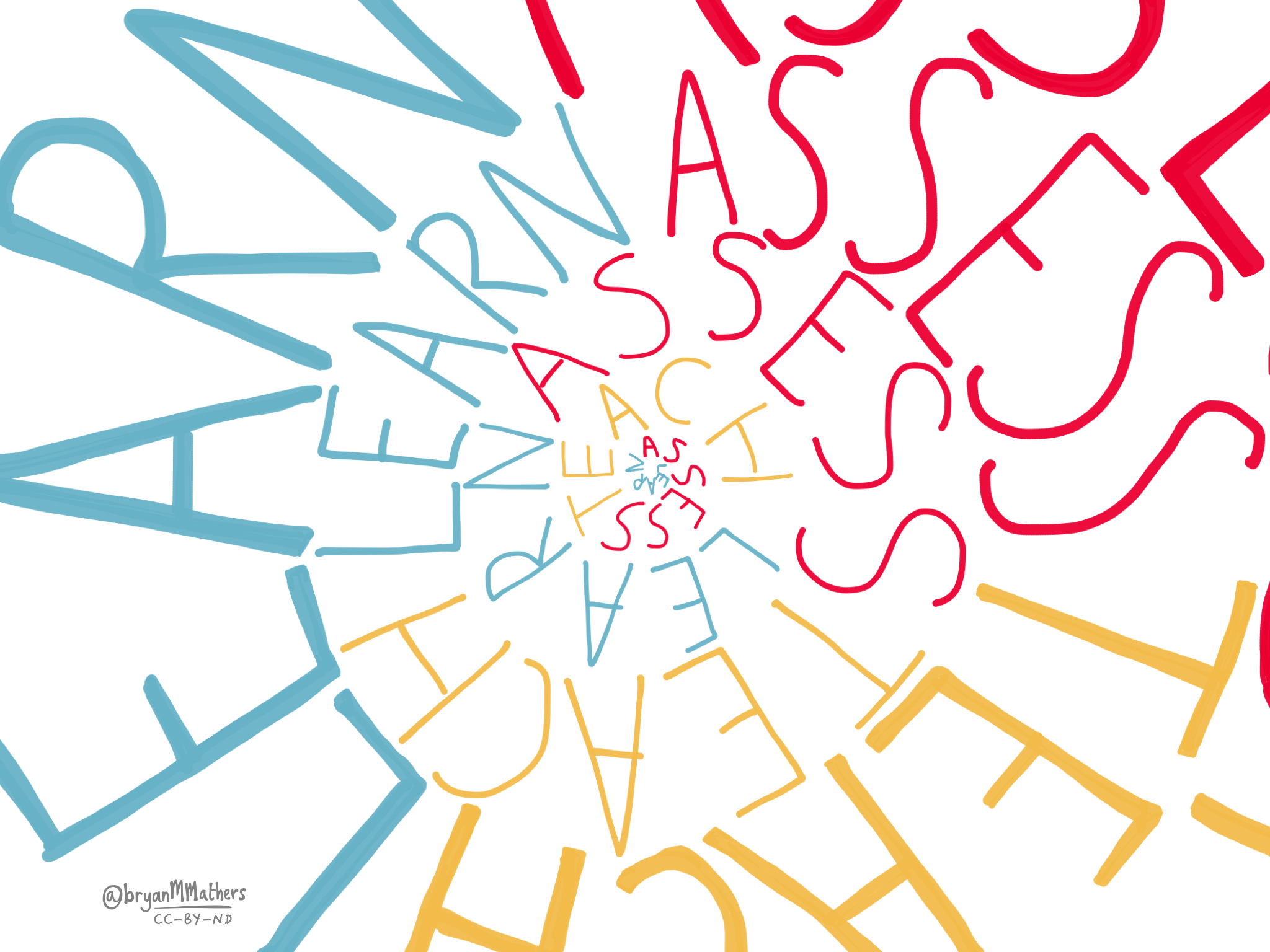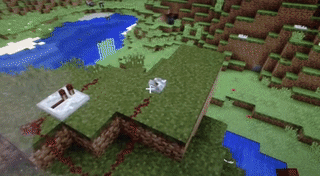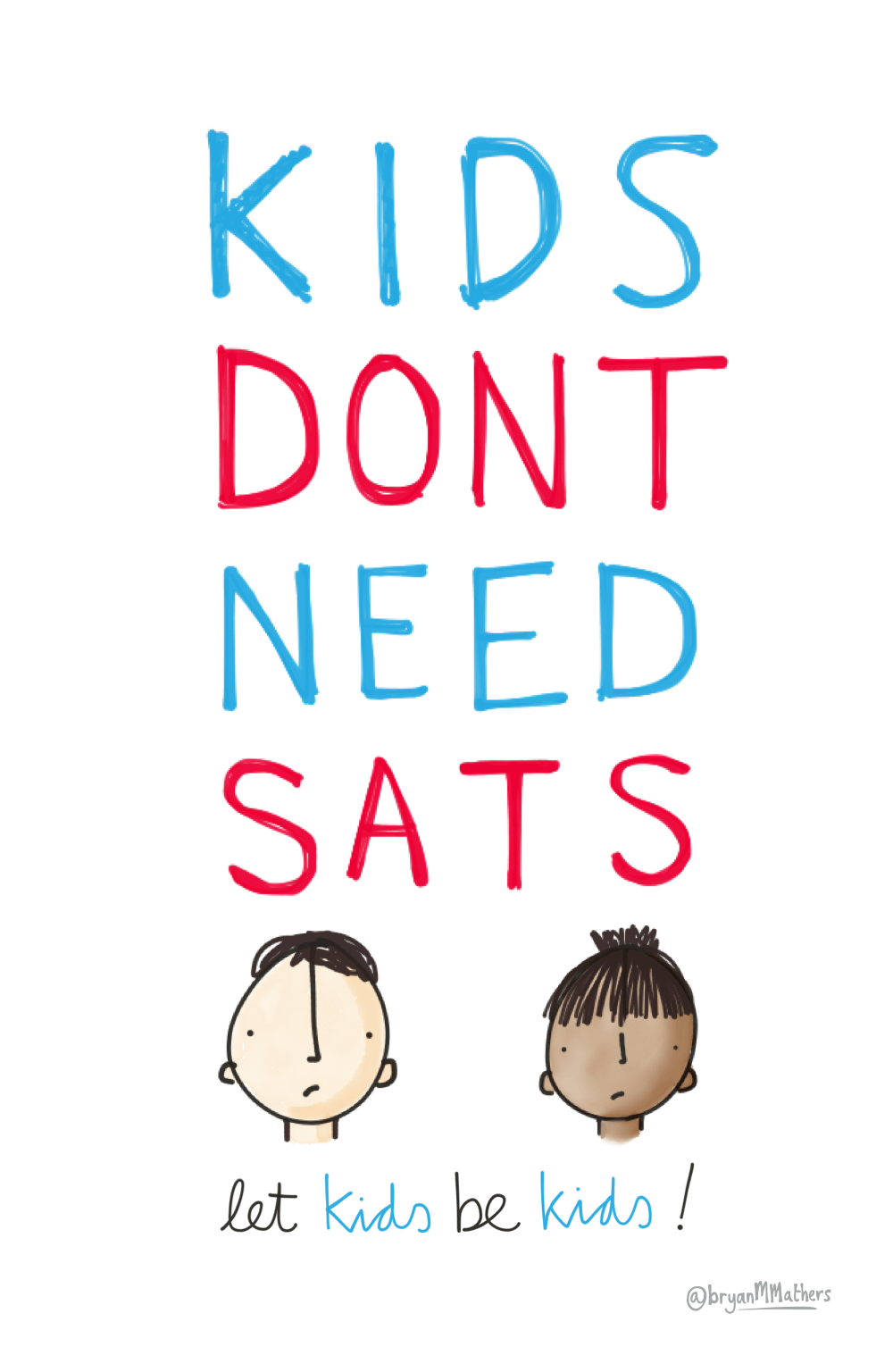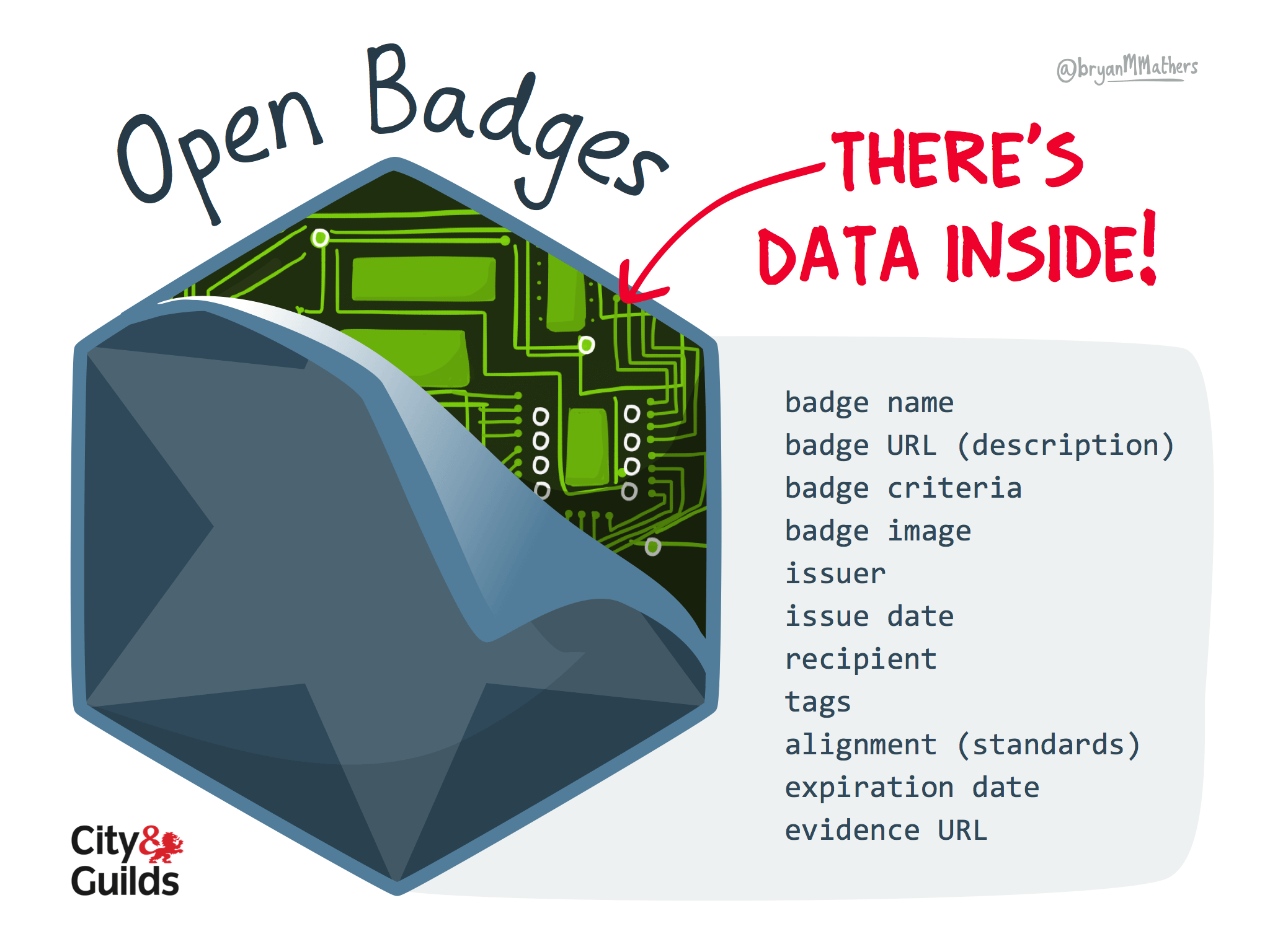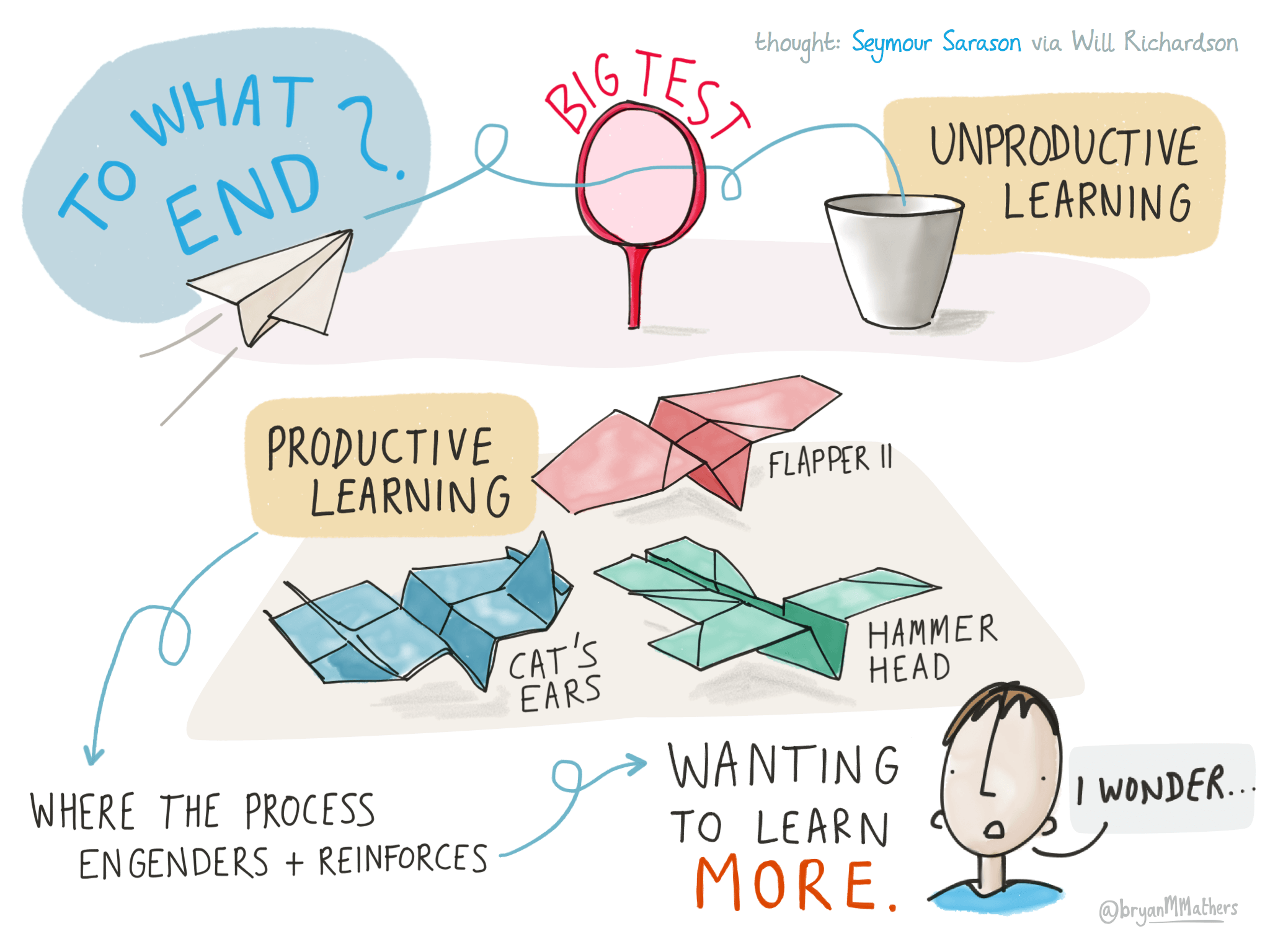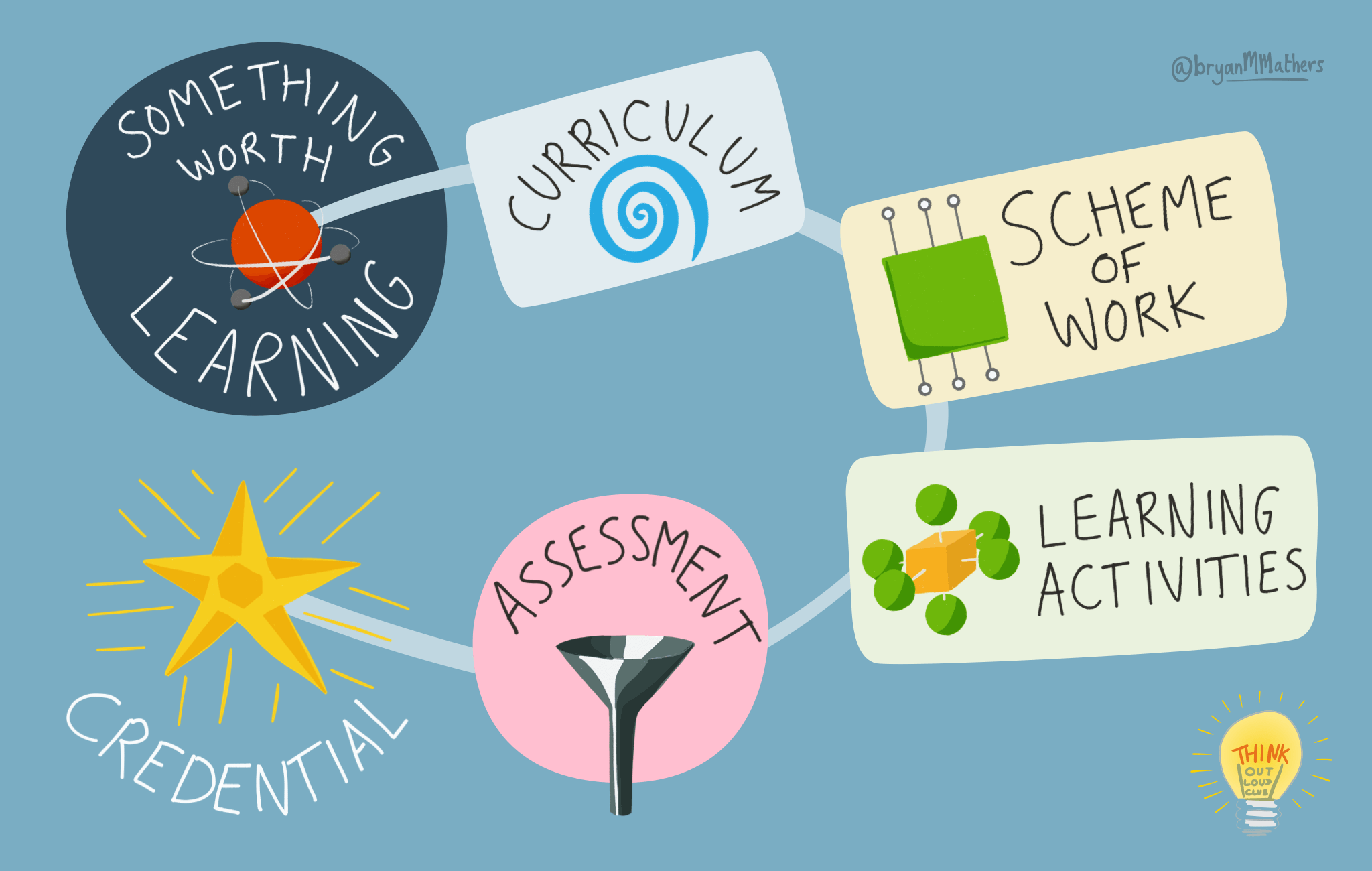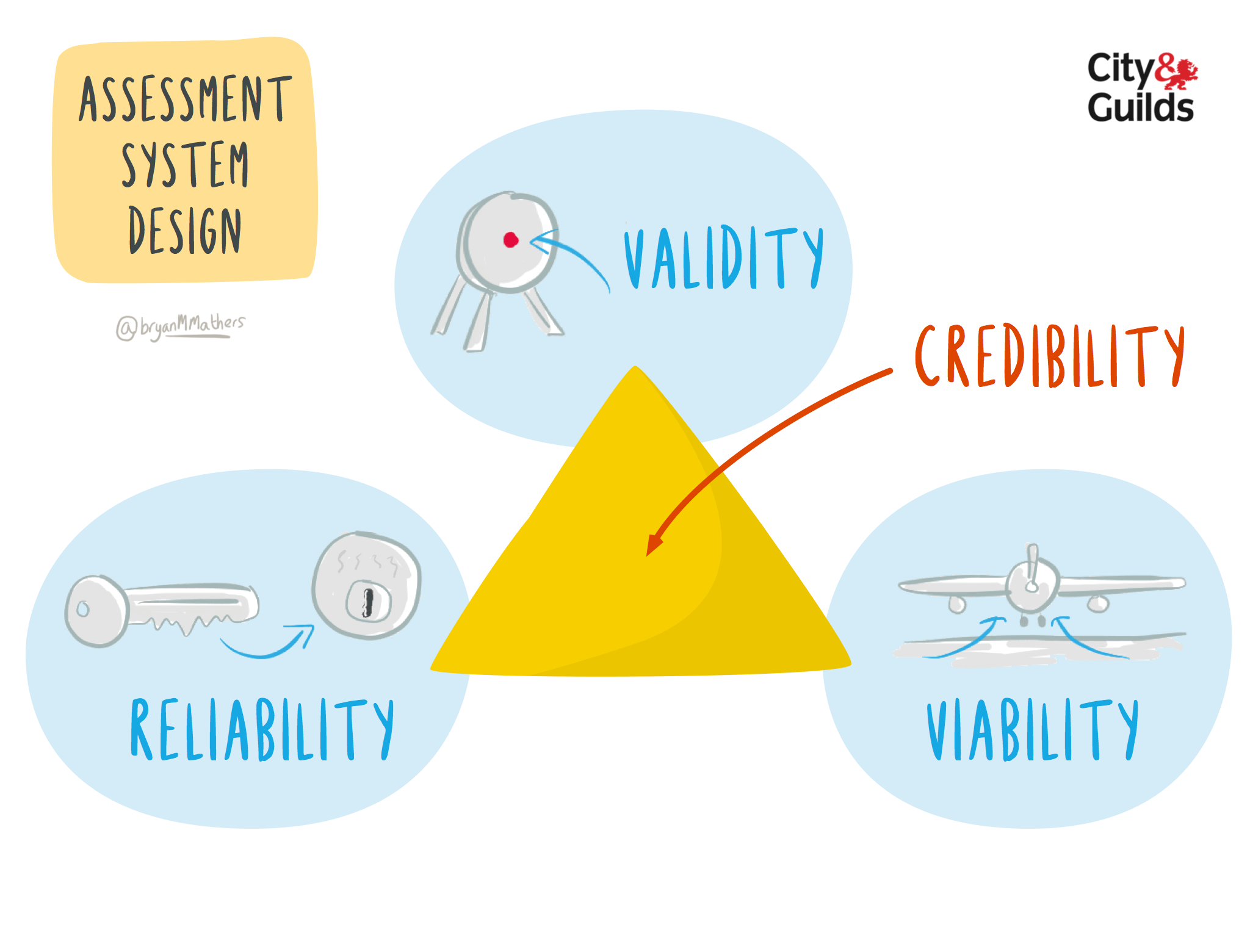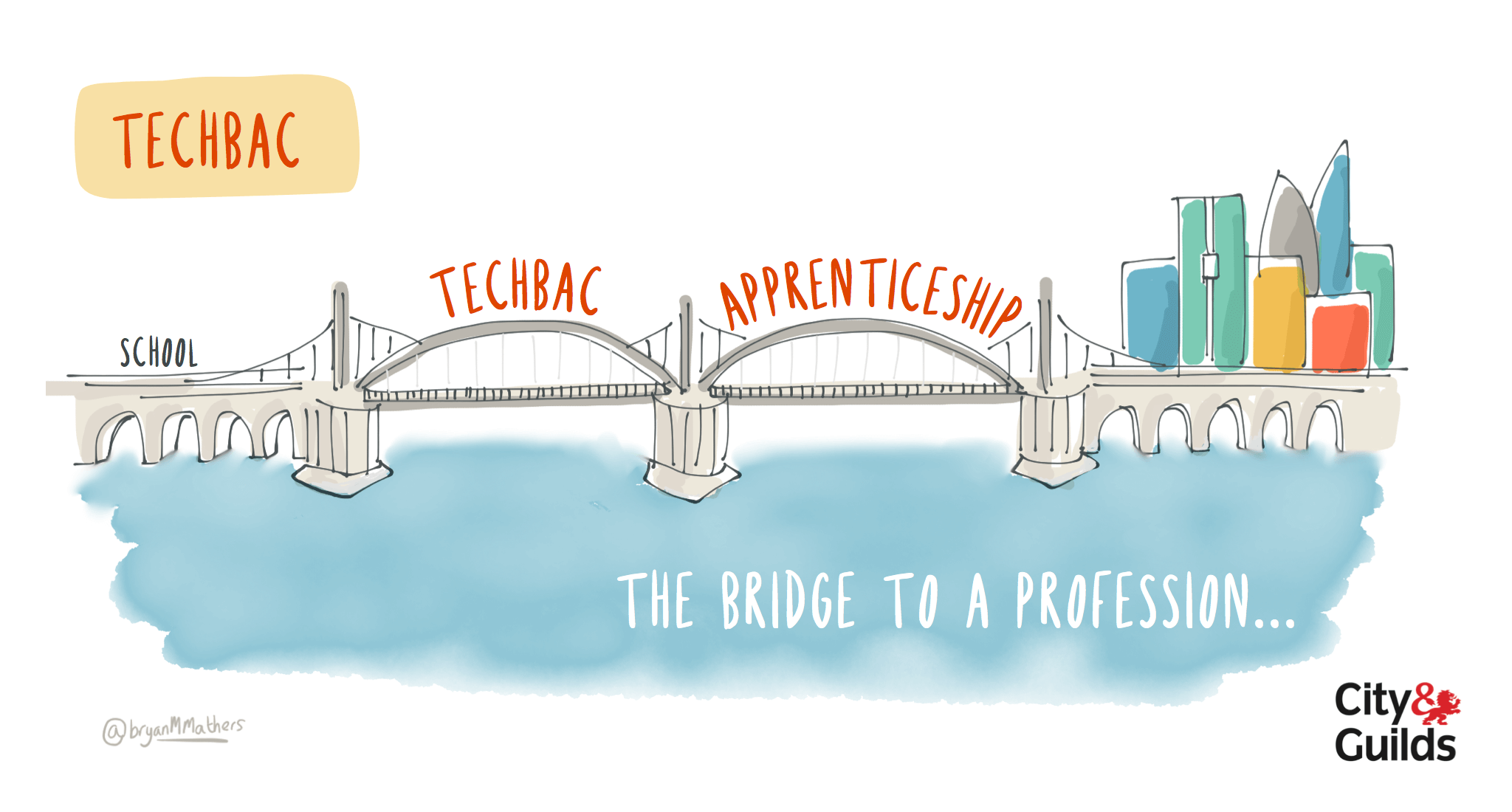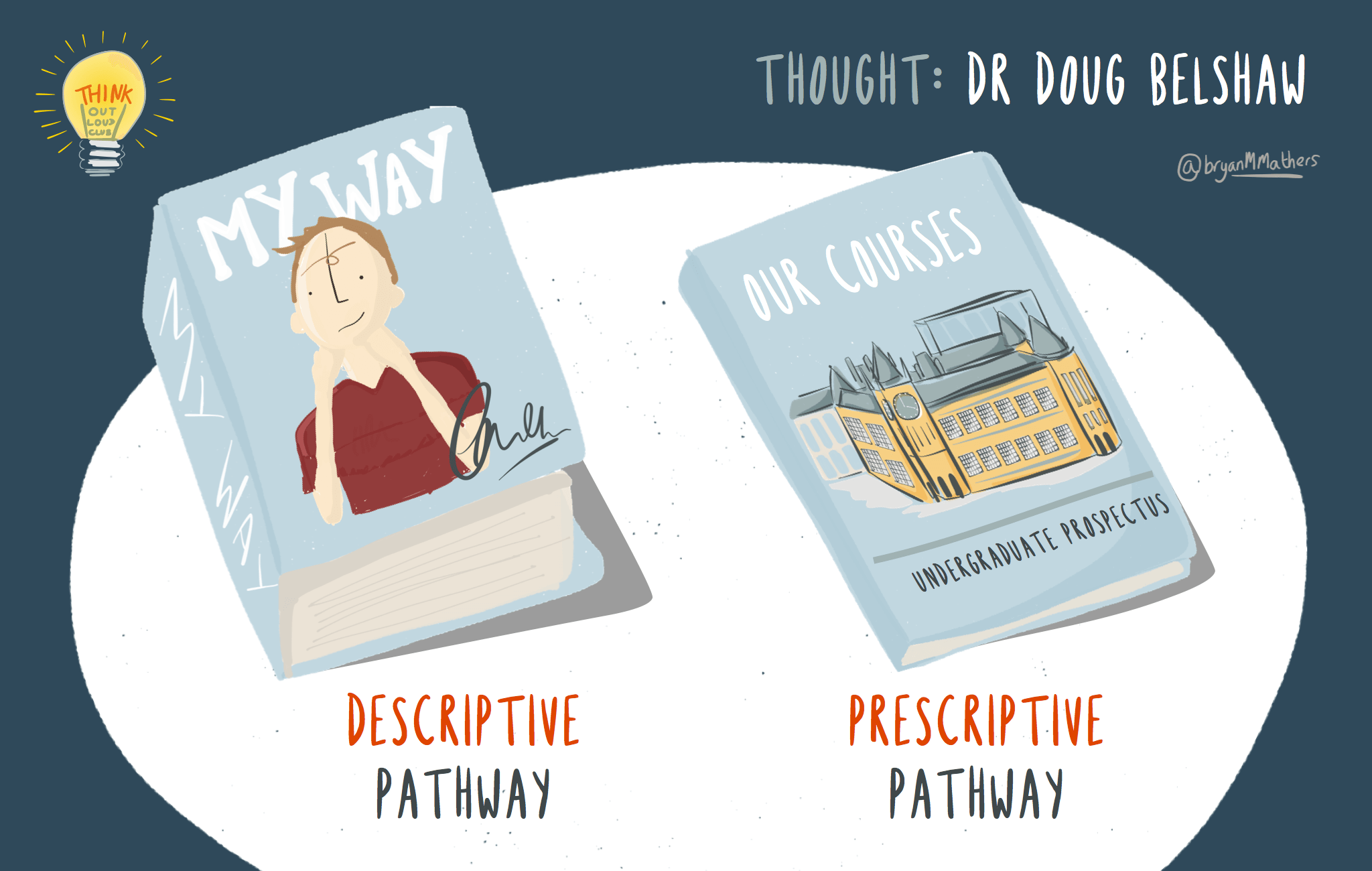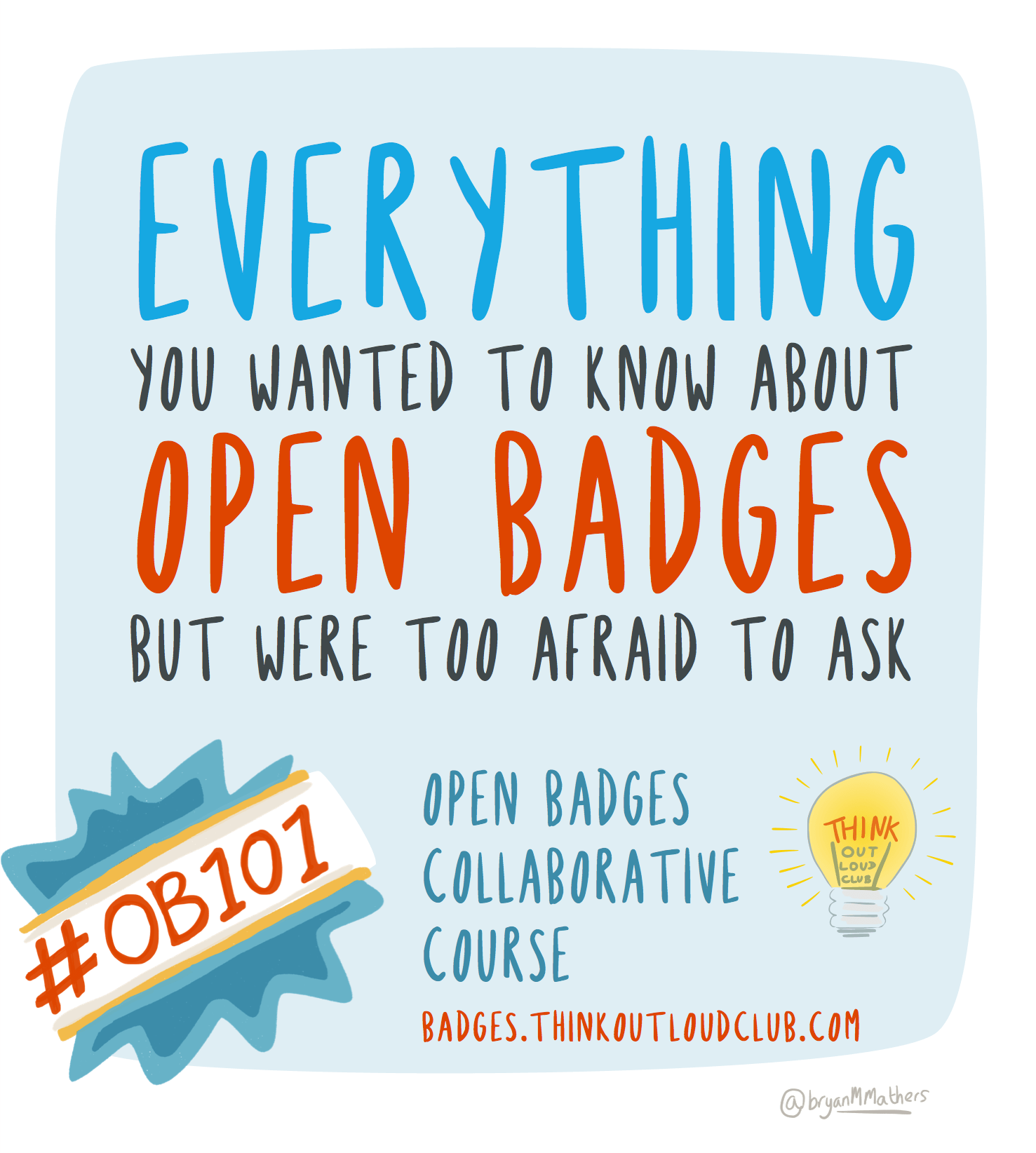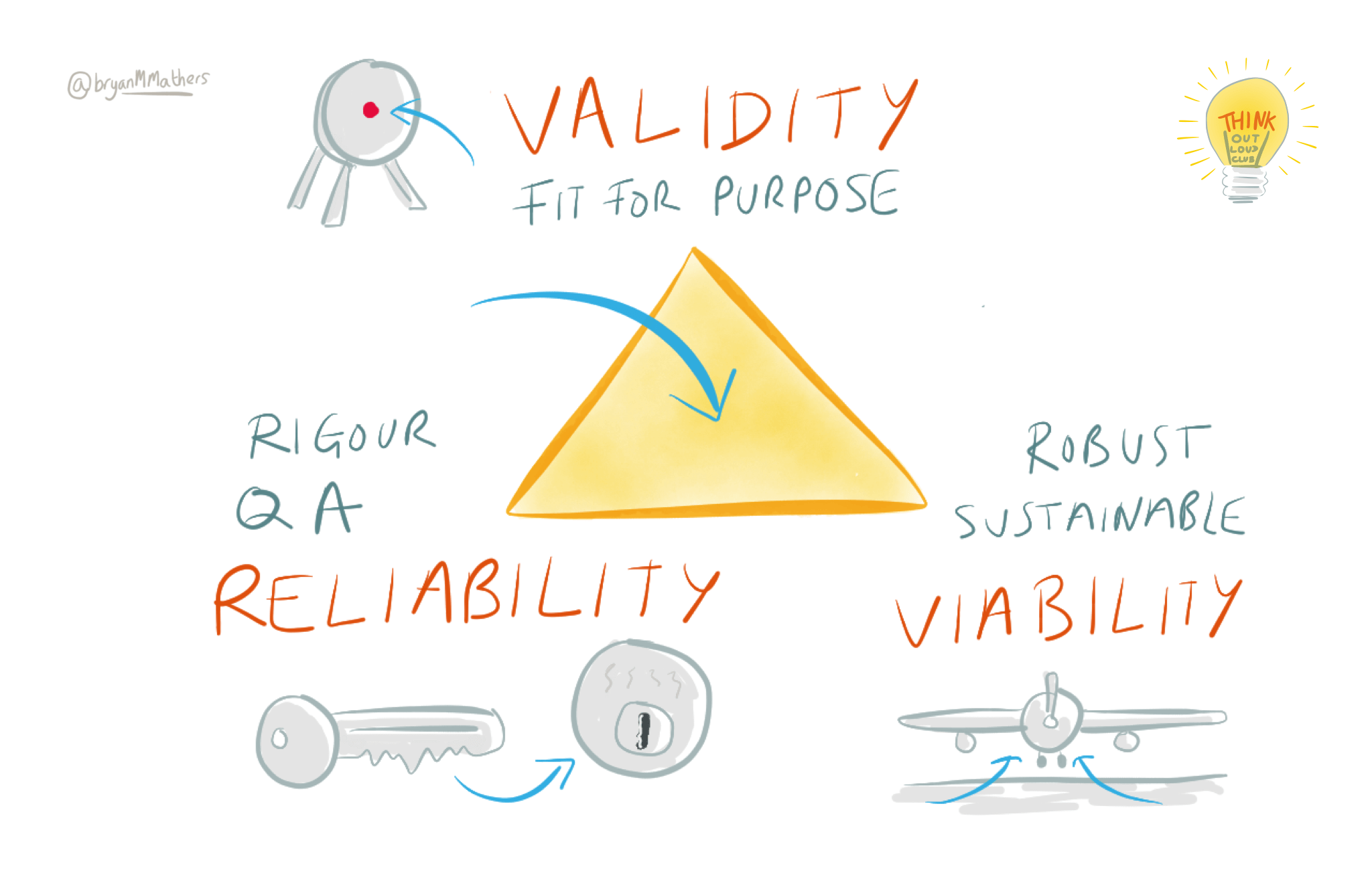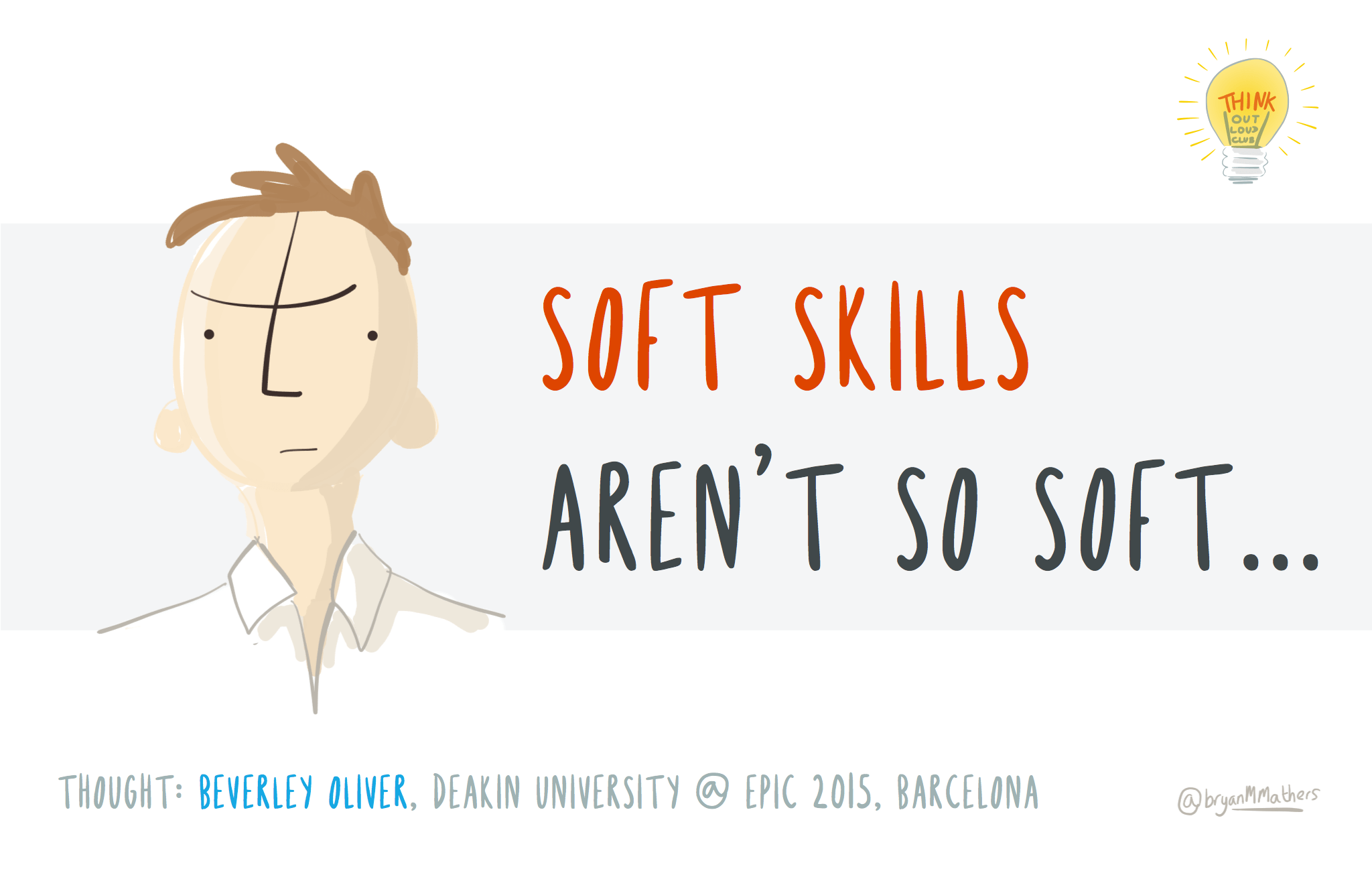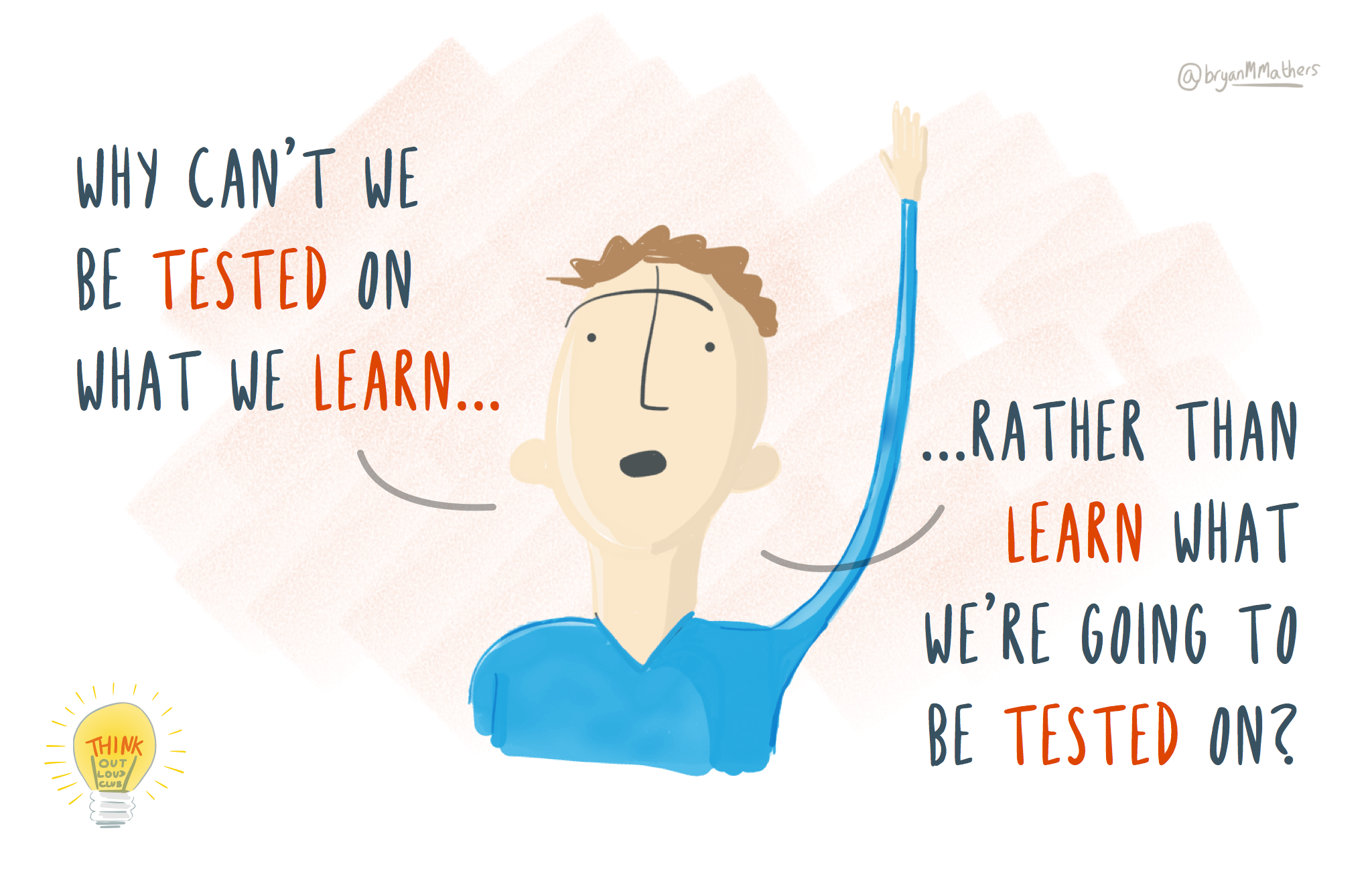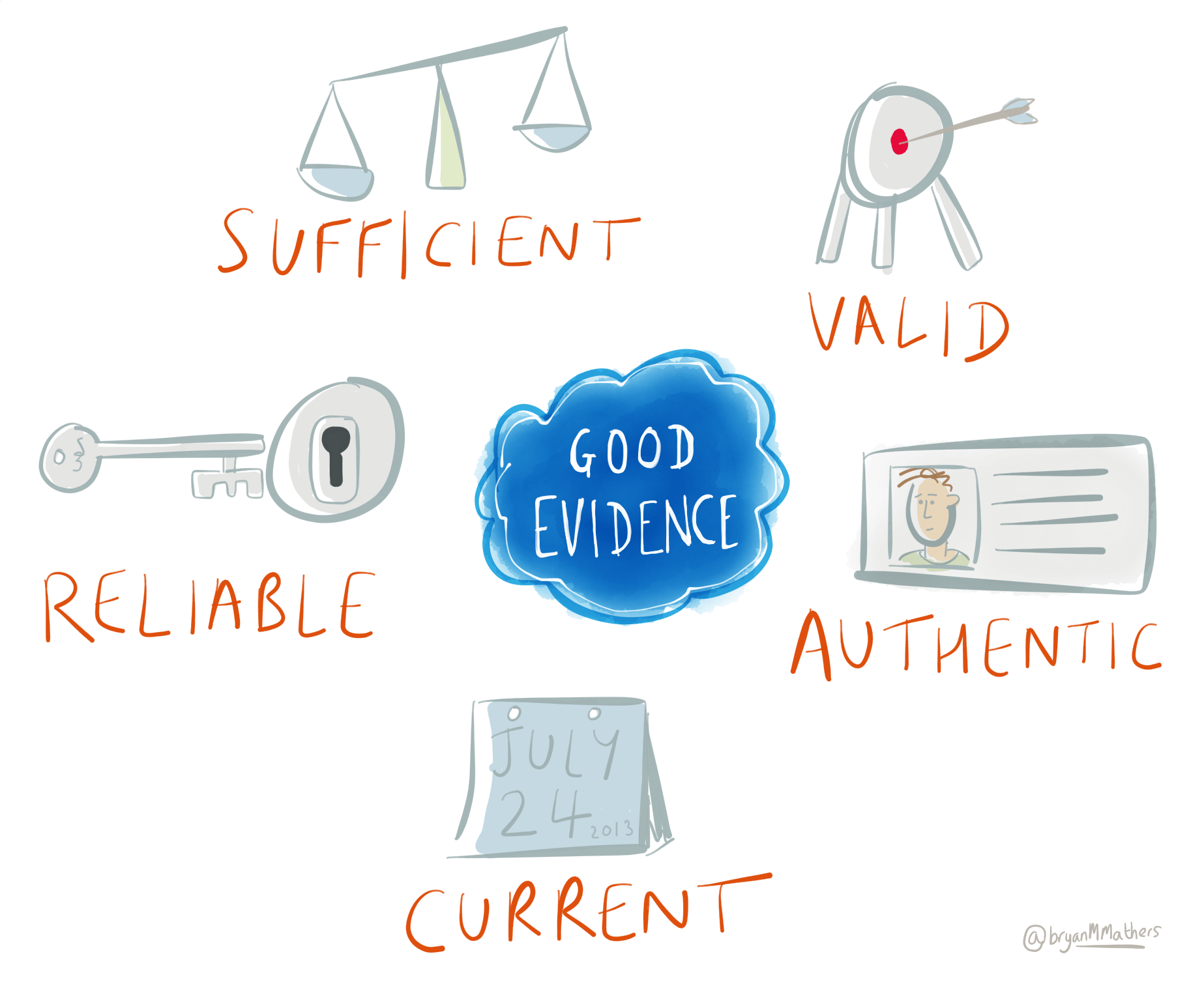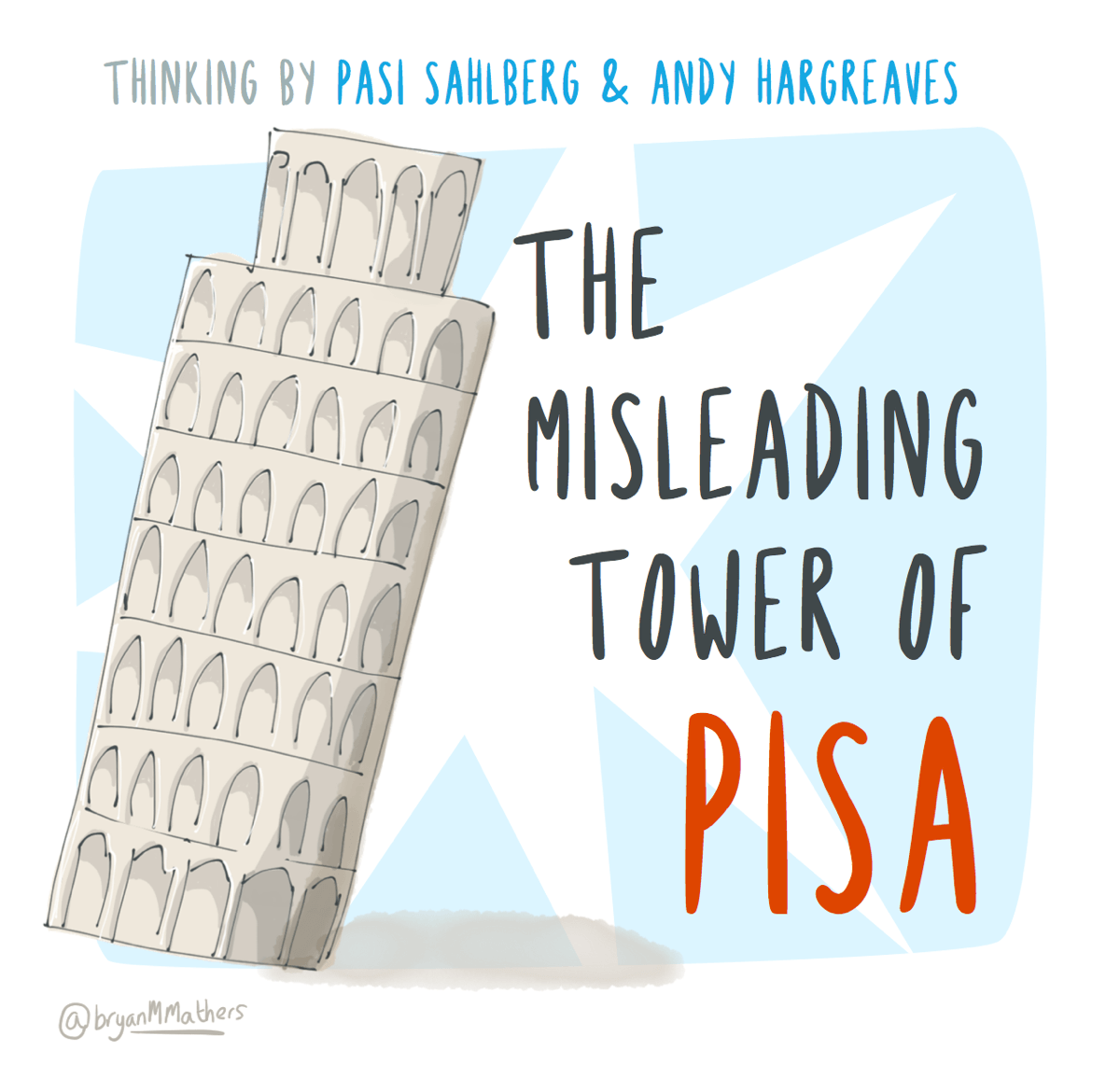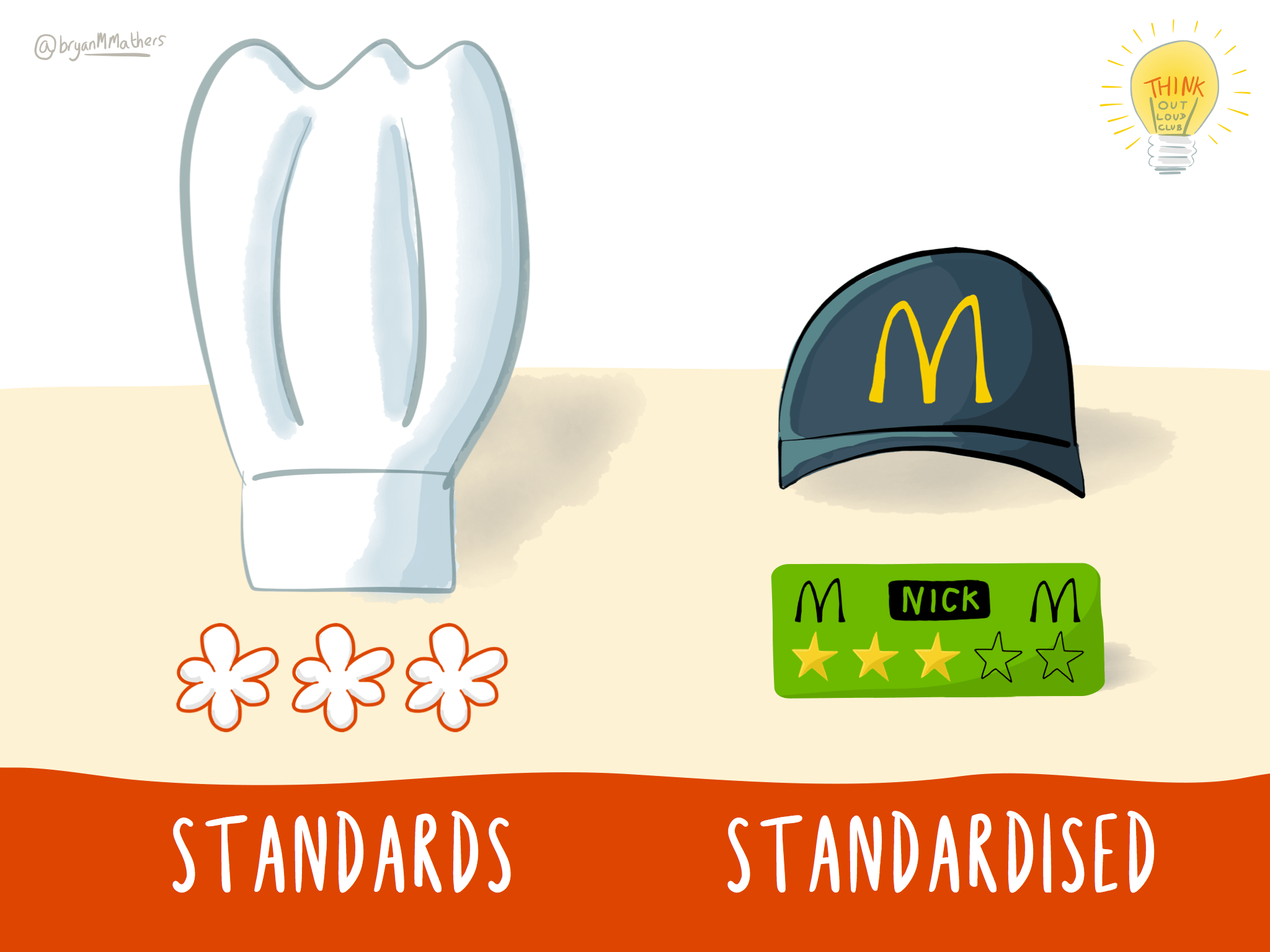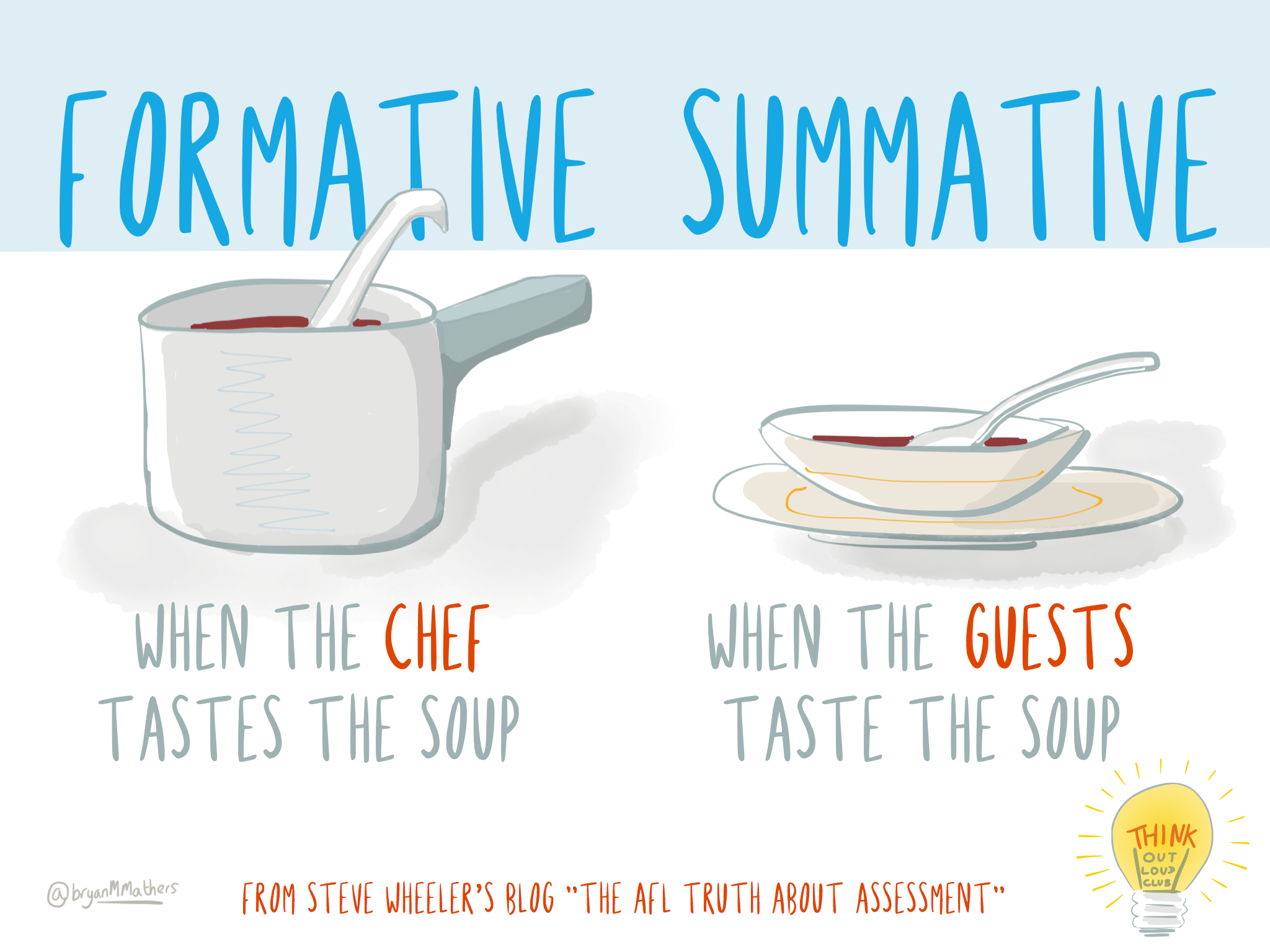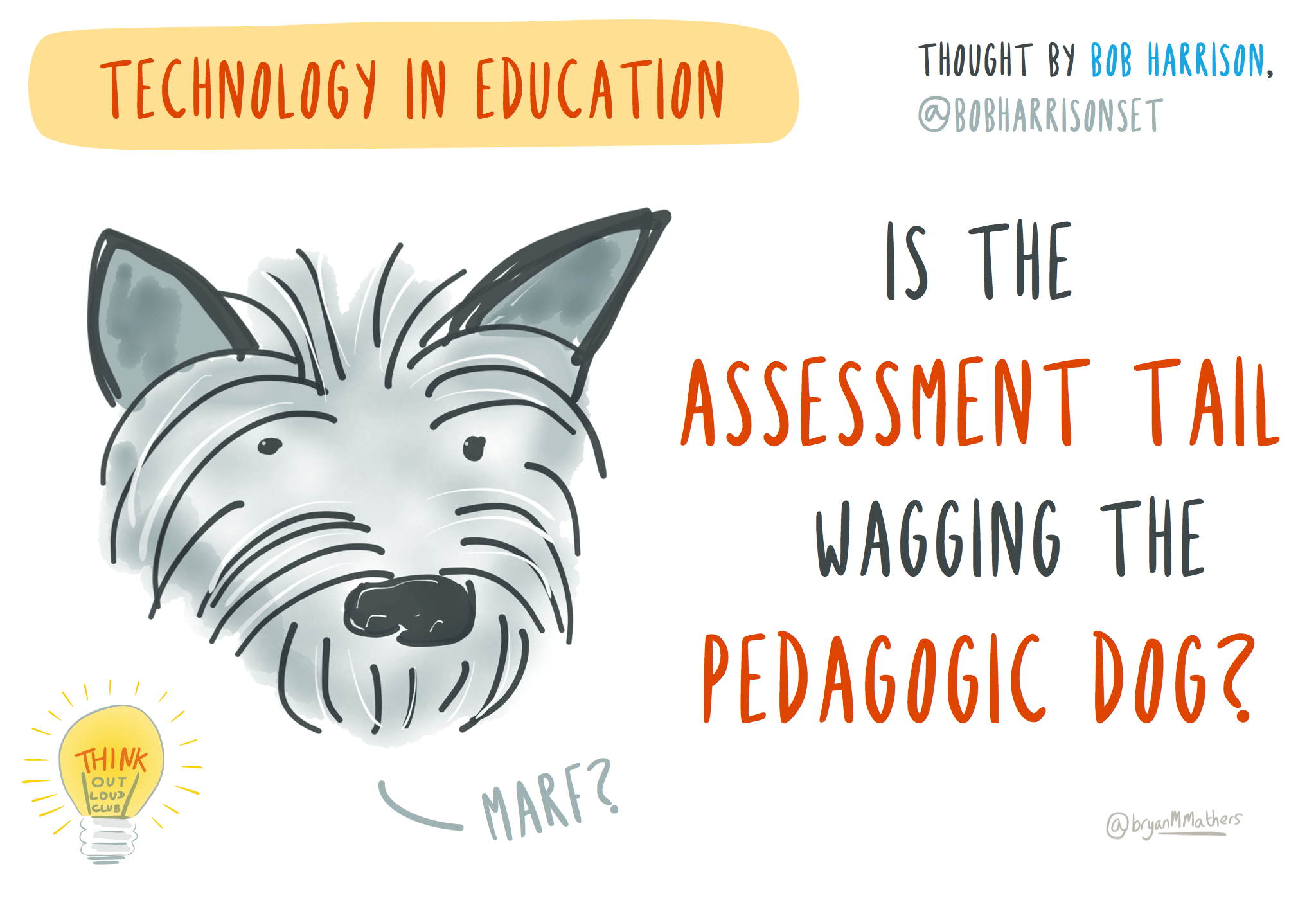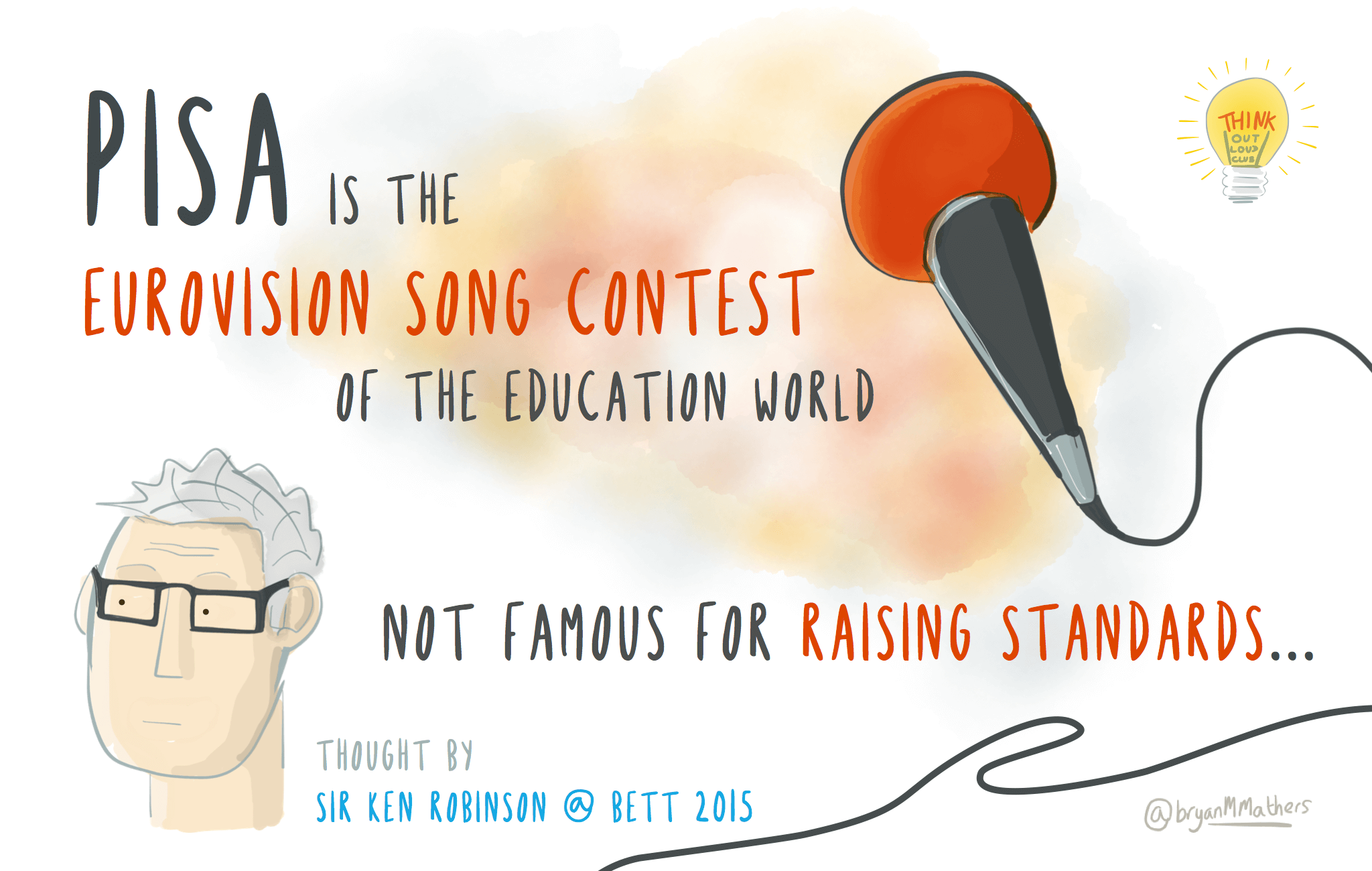Category: #assessment
- #activism (14)
- #breakfreefromplastic (4)
- #climatechange (3)
- #rethinkplastic (3)
- #stopsucking (2)
- #ai (2)
- #archive (92)
- #art (2)
- #brexit (13)
- #coop (73)
- #creativecommons (10)
- #creativity (44)
- #edtech (137)
- #ai (3)
- #api (1)
- #blockchain (1)
- #openbadges (58)
- #fav (36)
- #function (105)
- #Gaeilge (1)
- #gathering (136)
- #ideation (2)
- #innovation (37)
- #Irish (1)
- #leadership (37)
- #startup (23)
- #learning (198)
- #apprenticeship (8)
- #assessment (29)
- #edchat (124)
- #reflection (2)
- #SATs (1)
- recognition (3)
- #maker (8)
- #zine (1)
- #OddsAndEnds (84)
- #covid (8)
- #lockdown (3)
- #parkrun (1)
- #StPatricksDay (1)
- #wapisasa (31)
- #open (27)
- #privacy (4)
- #GDPR (1)
- #remix (7)
- #RemixMachine (4)
- #thinkery (198)
- #wikipedia25 (1)
- aesthetic (1)
- keynote (1)
- sketchnote (1)
- Story (3)
